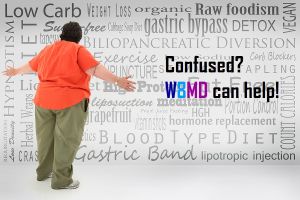Entomophagy diet
From W8MD weight loss and sleep centers
Entomophagy is the practice of consuming insects as a food source. While the idea of eating insects may be unsettling to some, it is a common practice in many parts of the world and is gaining popularity as a sustainable and nutritious alternative to traditional animal protein sources. The entomophagy diet is centered around consuming insects as a primary source of protein.
Guidelines for the Entomophagy Diet
- Choose edible insects: Not all insects are safe or edible, so it is important to choose insects that are specifically raised for human consumption.
- Prepare insects properly: Insects should be thoroughly cooked before consumption to kill any bacteria or parasites that may be present.
- Combine with other foods: Insects can be added to a variety of dishes or consumed as a snack, but they should be combined with other foods to create a balanced meal.
- Consider environmental impact: The entomophagy diet is often promoted as a sustainable alternative to traditional animal protein sources. However, it is important to consider the environmental impact of insect farming and sourcing practices.
Benefits of the Entomophagy Diet
- High in protein: Insects are a rich source of protein, containing up to 70% protein by weight.
- Sustainable: Insects are a more sustainable source of protein compared to traditional livestock, as they require less land, water, and feed to produce.
- Nutritious: Insects are also a good source of vitamins and minerals, such as iron, calcium, and vitamin B12.
- Versatile: Insects can be consumed in a variety of ways, such as roasted, fried, or ground into a powder for use in baking and cooking.


